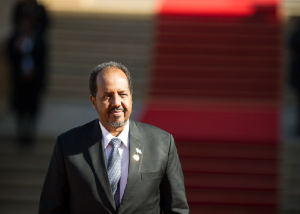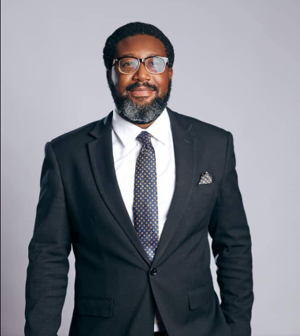Professor Stephen Kwankye, Executive Director of the National Population Council (NPC), on Tuesday, charged Ghanaians to ensure the implementation of the National Population Policy for the achievement of demographic dividend.
He said Ghanaians have been excellent in writing policy documents, but implementations of the policies have been a problem, pulling back the nation’s development in many aspects.
“It is very unfortunate that many of the countries that came to learn from our beautiful policies have implemented them in their countries, overtaking us whiles we always meet discussing our problems over and over again without finding solutions to them”
Prof. Kwankye made the call to Ghanaians at a national dialogue seminar on “Harnessing the Demographic Dividend for Ghana’s Development” in Accra.
The seminar, which forms part of a series of activities lined up to discuss Ghana’s demographic dividend, was co-organized by the National Development Planning Commission (NDPC), the NPC and the Regional Institute for Population Studies (RIPS) of the University of Ghana, Legon, with technical and financial support from the United Nations Population Fund and Agence Francaise de Development.
Prof. Kwankye, who was a discussant on Ghana’s demographic dividend with emphasis on the health sector, called for a rapid reduction in mortality and fertility levels in order to gain from the country’s demographic dividend.
He explained that the 2010 census recorded that Ghana’s maternal mortality had shot up again after reducing from 450,000 per 100,000 live births in 2007, to 350, 000 per 100,000 live births, adding, “We should not be complacent, but work hard and pay much more attention to maternal health issues”.
He listed issues such as education, family planning, good governance and women economic empowerment, that still remained a challenge to be addressed, and called on the appropriate quarters to act accordingly.
He called for a reduction in Ghana’s Total Fertility Rate (TFR), which he said was a requirement if Ghana was to take advantage of the demographic window of opportunity (demographic dividend) to speed up the decline in its dependency ratio and its fertility.
“For Ghana to benefit from the demographic dividend over the next 20 years, we need to redouble efforts to accelerate the decline in fertility, infant and maternal mortality, take institutions seriously, revitalize existing health and family planning programmes and above all show commitment by putting our money at where we can reap,” he added.
Prof. Joe Amoako-Tuffour, Senior Advisor of the African Centre for Economic Transformation, who was also a discussant focusing on the economic sector, noted that population growth and economic dividend were inseparable dividends, and called for a long term development plan that would help the nation in the future.
Ms Ruby Sandhu-Rojon, UN Resident Coordinator in Ghana, called for an action plan and road maps for programming the population dividend in sector plans that would help achieve the desired population dividend.
“We need to engage debate and deliberate on these important issues and make them our priorities for the policies and programmes interventions to determine the future of Ghana”.
Dr Regina O. Adutwum, Director –General of NDPC said relevant issues and recommendations from the five-day seminar programmes would inform the on-going drafting of the successor medium-term development policy framework (2014-2017).
“When completed, the new medium term development policy framework will guide the sectors and districts in the preparation, implementation and monitoring and evaluation of their respective medium term development plans in the next four years”.
Prof. Agyeman Badu –Akosa, former Director-General of the Ghana Health Service, charged the youth to contribute their quota to the debate since they have a big role to play.
He noted that every child born in Ghana must survive, have access to education and good health, adding, we want to see a Ghana that is vibrant and wealth creating, as well as saving and growing the economy”.
Regional News of Wednesday, 25 September 2013
Source: GNA













